Breast Cancer: Being aware is the key to survival
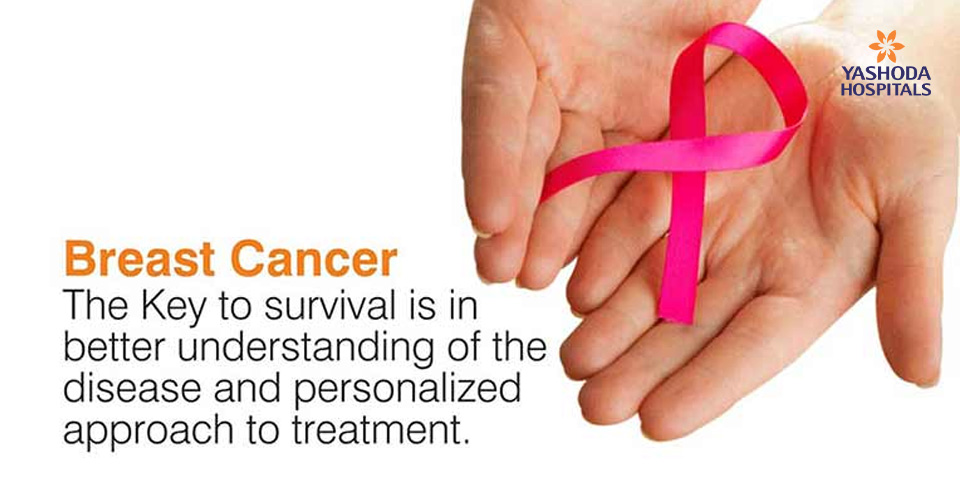
Breast cancer is the most common type of cancer found in women, across the world. Even though it can occur in men also, its incidence is higher in women only. Breast cancer may arise in the epithelial lining of the milk ducts. The cancer awareness programs have helped in reducing the mortality rates in women.
Symptoms
Breast cancer is characterized by lump in the breast or thickened area in the breast, discharge from the breast, dimple of the breast, peeling and scaling of the breast skin, and redness of nipple and breast. Breast cancer in many is without pain; however the ,bulge and breast skin changes may require immediate attention.
Causes
Breast cancer is marked by abnormal cell growth, which forms a lump or mass in the milk producing ducts (invasive ductal carcinoma) or the lobules (invasive lobular carcinoma) or in the cells or tissues of the breast. Though the exact causes of breast cancer are unknown, it is considered as the fall-out of each individual’s genetic makeup and the environment. BRCA1 and BRCA2 are the two breast and ovarian cancer causing genes that have been identified.
Risk factors and complications
Breast cancer is usually seen in elderly women, and those with a family history of cancer. Those women, who have never been pregnant and those who had children post 35 are considered to be greatly prone to breast cancer. Life style and personal habits also contribute to the lower or higher incidence of breast cancer in women.
Tests and diagnosis
A simple breast examination goes a long way in keeping breast cancer in check. Checking the breast for possible lumps or abnormalities helps in early diagnosis of breast cancer and allows for customized treatment. Mammograms are recommended by doctors to confirm the presence of lumps in the breast. Mammogram is an X-ray that helps to detect breast abnormalities. Breast Ultrasound also helps in proper diagnosis of breast cancer. It distinguishes between the solid mass and the fluid-filled cyst of the breast.
The doctor may also advise a biopsy for the extraction of breast tissues. The biopsy helps to determine the type of cancer cells, stage of cancer, presence of hormone receptors that may influence the breast cancer’s treatment. In addition to biopsy, the consulting doctor may also refer the patient for an MRI, to create pictures of the interior of the breast.
Treatments
The course of treatment depends on the stage of the cancer. Breast cancer’ stages range from 0 to 4. During the starting stage, cancerous cells are limited to the milk ducts. In the stage 4, which is also called as metastatic breast cancer, the cancer cells spread to other parts of the body. The treatment process for breast cancer includes chemotherapy, hormone therapy and radiation.
Breast cancer surgery is of different types. Lumpectomy refers to removal of the tumor and the surrounding healthy tissues. Mastectomy refers to removal of the entire breast tissue that includes lobules, ducts, fatty issue, nipple and areola.
Radiation therapy helps in killing the cancer cells of the breast. Radiation therapy may be recommended after mastectomy and for breast cancers that spread to the lymph nodes. Chemotherapy or cancer drugs are administered to patients before and after the surgery. Hormone therapy or hormone blocking therapy is used to treat breast cancers that are sensitive to hormones.




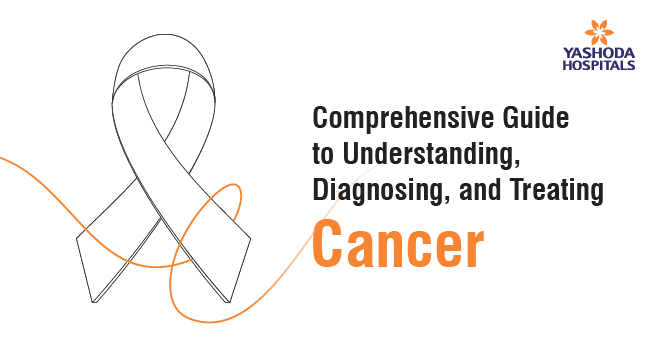
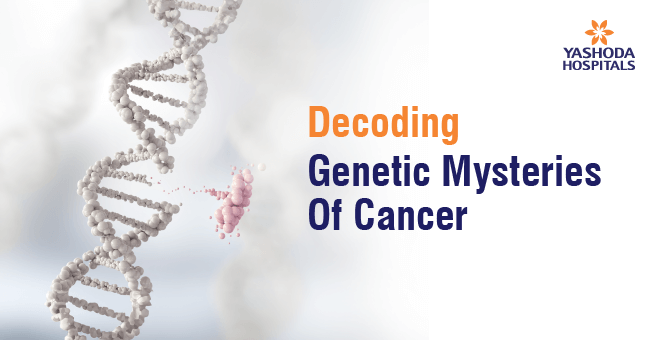
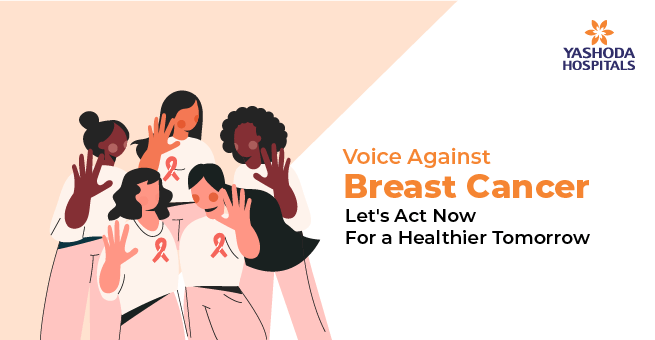
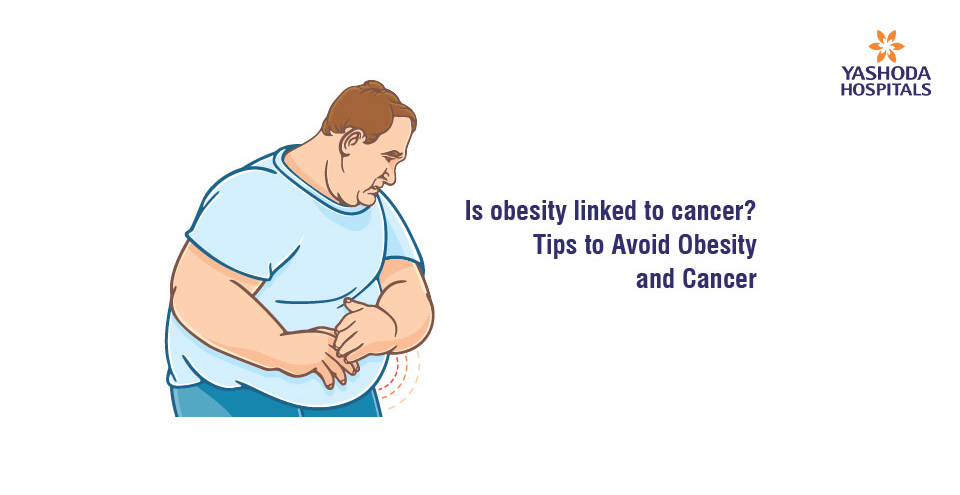

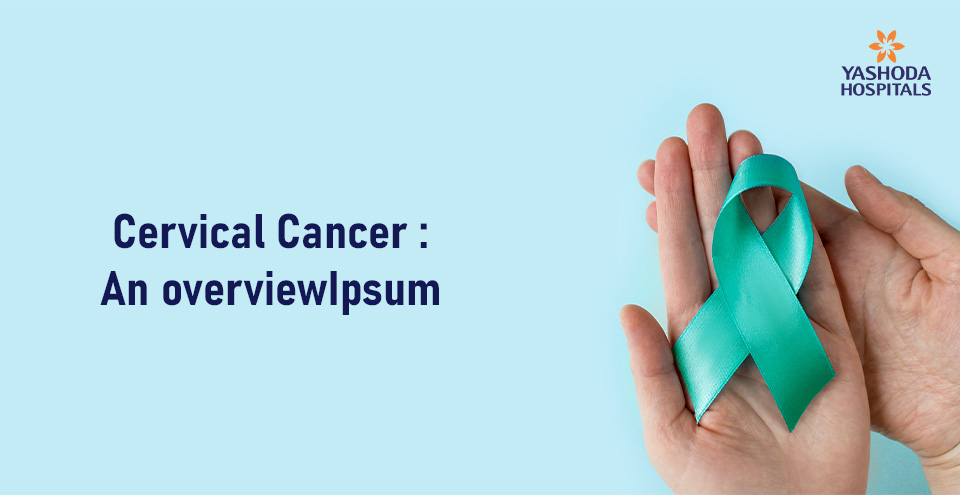
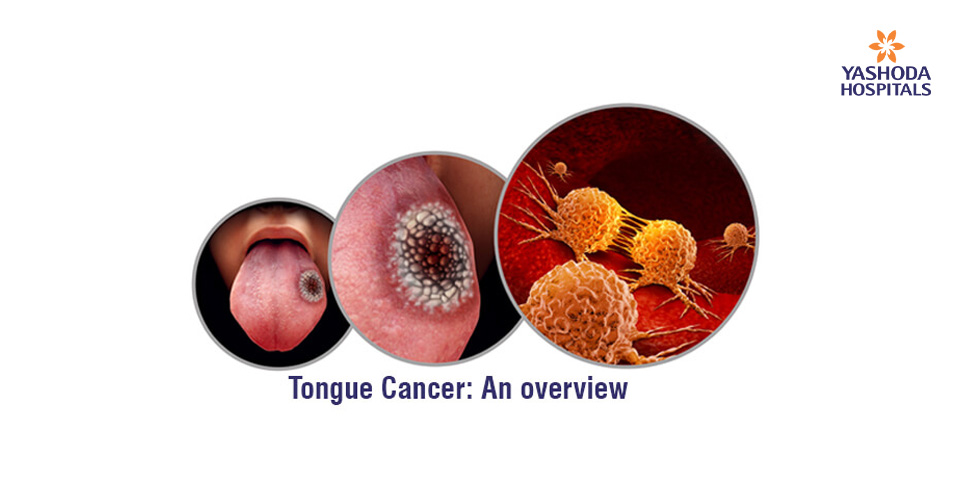
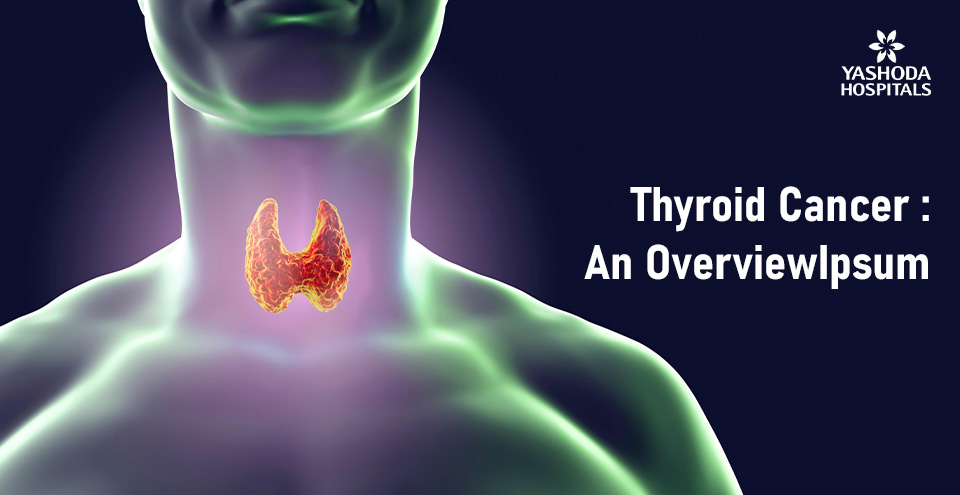
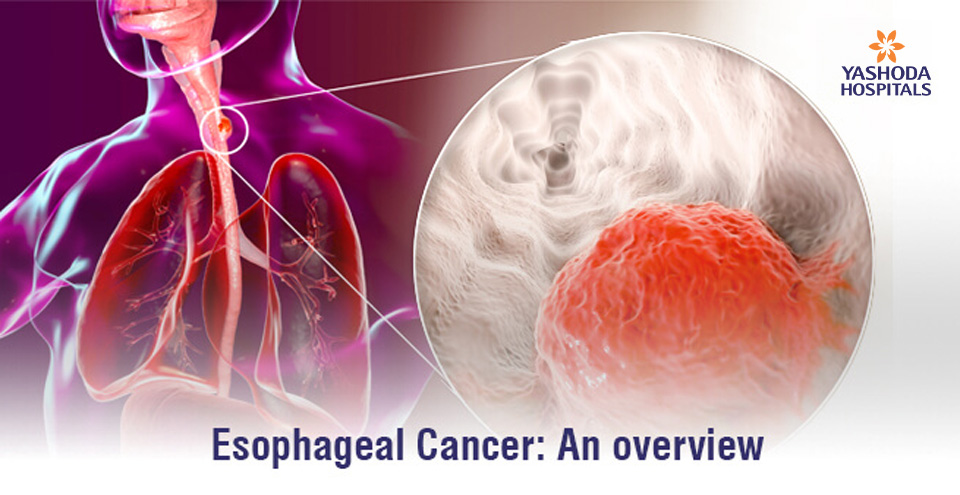

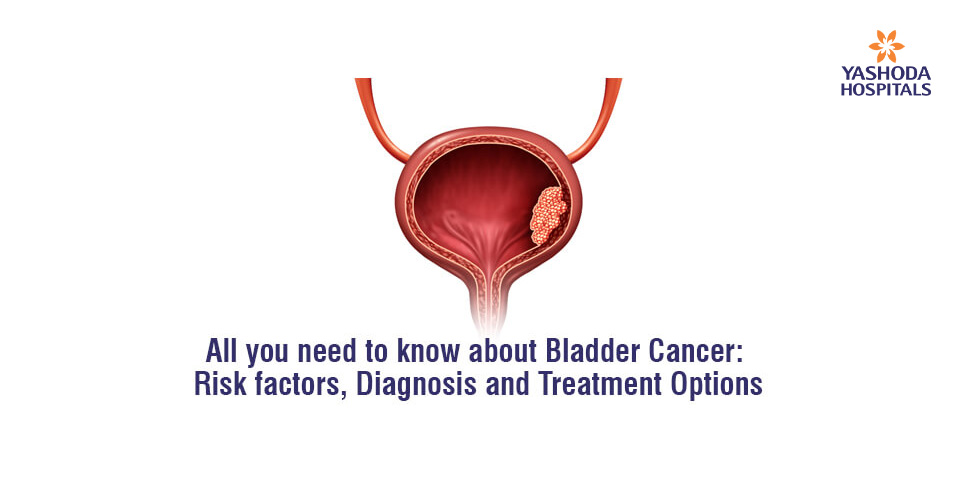



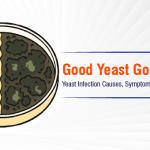

 Appointment
Appointment WhatsApp
WhatsApp Call
Call More
More